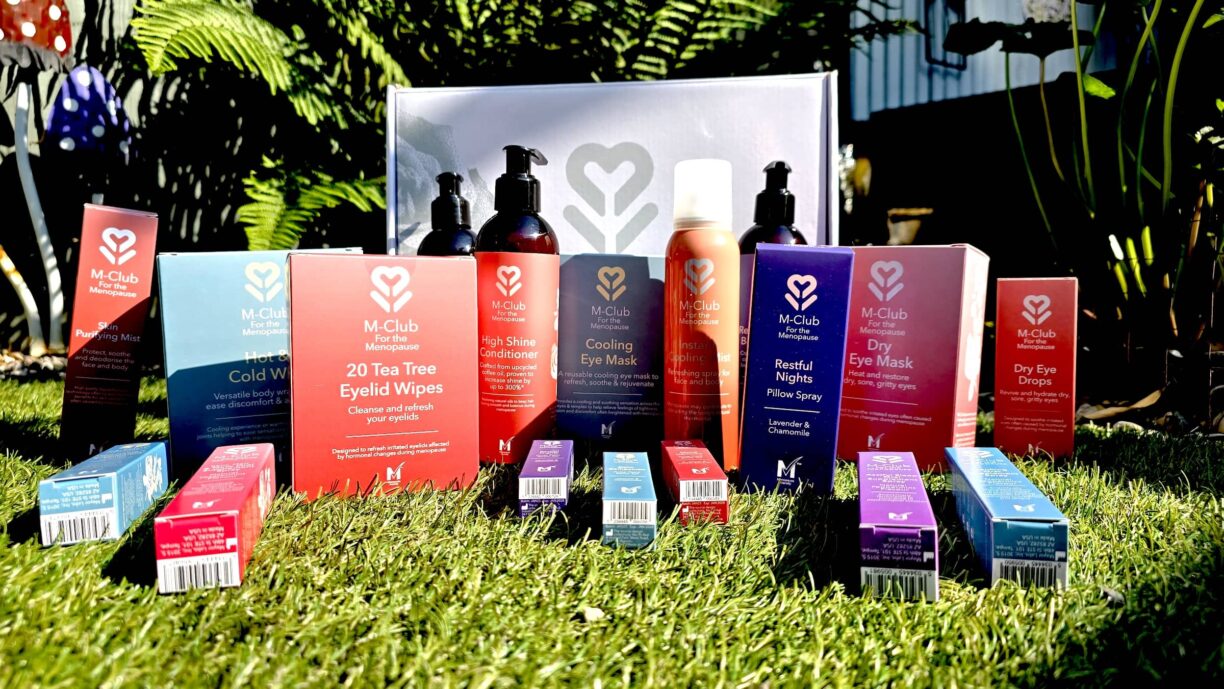Many of us want to kick-start the new year with some healthy New Year’s resolutions. But where do you start and how do you keep them going for good?
Less than one-quarter of us achieve our New Year’s resolutions, likely as a result of overly ambitious or restrictive goals.
But, there are some thought processes and behaviours you can practise to help you make these long-lasting changes. Madeleine Gauffin, Psychologist at Livi, the digital healthcare provider, explains:
- Stack your habits
“Stacking your means tying your new habit to an existing one. Researchers have found that it can take an average of 66 days before habits become automatic, so start a new habit by adding it to something you already do every day.
“For example, after you’ve brushed your teeth, add a 3-minute meditation. It’s crucial to create some space for your new healthy habits and allow them to become part of your daily life.”
- Choose behaviours that feel good
“Discover what really motivates you. What do you want from life? Are you living the way you want? The motivation for personal and deeper change can be found in asking these kinds of questions.
“Are you creating new habits because you want to or are you trying to please someone by changing things in your life? The motivation has to come from you – otherwise, it’s not sustainable.
“Choosing to do something because we enjoy it is called intrinsic motivation – as opposed to extrinsic motivation, where we’re motivated to perform a behaviour to earn a reward or avoid punishment.
Plan an exercise date with a friend because it makes you feel good, or choose healthy meals because you enjoy the process of finding new recipes.”
- Be flexible with yourself
“Often, other things in life can get in the way – and that’s okay. Introducing new habits shouldn’t be a struggle. So, if your new habit isn’t realistic, set a new one.
Nothing good comes from pushing or punishing. Give yourself credit with rewards instead, and encourage yourself.”
- Stick with small habits
“Start with small, specific and concrete habits. Set yourself up for success with realistic goals. That way, you’re more likely to be able to sustain them.”
What New Year resolutions should I choose if I want a healthier lifestyle?
You don’t need to make drastic changes to reap the benefits of a healthy lifestyle – here are some simple habits worth adopting right now.
Nurture your social connections
“Research has shown that strong social connections, through friendship, family and community, might be one of the most important things for our physical and mental health – while loneliness and social isolation are well-established risk factors for poor health.
Some studies have found that feeling lonely can increase your risk of stroke, heart disease and depression.”
Kick-start the habit:
- Schedule it: “The pandemic made it more difficult for us to connect and you may be feeling more anxious about socialising. Try to overcome that by making plans to see or call a friend or family member at least twice a week.”
- Widen your circle: “Make a conscious effort to widen your social network by volunteering in your community or joining a social group like a choir, book club or exercise class.”
Prioritise your sleep quality
“Never underestimate the power of sleep – the recommended 6-9 hours of sleep per night allows our bodies and brains to repair and recover.
As well as boosting immunity, a good night’s sleep helps you maintain a healthy weight, increases fertility and boosts your mental wellbeing.
Regular poor sleep puts you at increased risk of diabetes, heart disease, cancer, obesity and depression.”
Kick-start the habit:
- Be realistic: “Head to bed just half an hour earlier than you usually would, then gradually bring forward the time to help you get your full 6-9 hours.
- Go outside: “Bright light exposure during the day can help us feel sleepier in the evening and improve sleep quality. Try to go outdoors as much as possible during the day for better sleep.”
Squeeze more movement into your day
“There’s strong evidence to show that getting at least 2.5 hours of moderate exercise per week can help reduce the risk of heart disease and stroke.
In fact, the benefits of being more physically active are numerous – from maintaining a healthy body weight and improving our mental health to lengthening our life expectancy. The challenge is fitting regular exercise into our routines.”
Kick-start the habit:
- Start with 30: “Adding just half an hour of moderate exercise into your day can make a difference to your health. A little more movement and a little less sedentary time all adds up, so try jogging to the bus, using a standing desk or dancing to music more often.”
- Try a team sport: “Research shows that recreational physical activity (moving for leisure or as part of a team) has more beneficial outcomes than occupational physical activity like heavy lifting or labouring for work. Try a new sport or join a running club to reap the physical and social benefits.”
When should I speak to a doctor?
“If you’re struggling to keep new habits and think other health concerns may be getting in the way, you may wish to speak to your doctor where you feel most comfortable, whether that be a digital appointment or visiting your surgery. Your GP will be able to provide you with tailored healthy lifestyle advice.”
For more information on which healthy habits to adopt, visit: livi.co.uk





